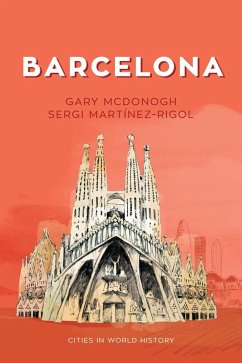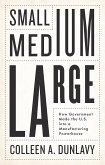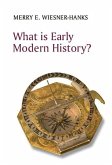"Barcelona has existed as a settlement for two millennia. As McDonogh and Martainez-Rigol link complex social and cultural currents to the rich architectural and experiential heritage of this multi-layered city, modern-day Barcelona reveals depths and surprises to visitors and residents alike"--
Hinweis: Dieser Artikel kann nur an eine deutsche Lieferadresse ausgeliefert werden.
Hinweis: Dieser Artikel kann nur an eine deutsche Lieferadresse ausgeliefert werden.








